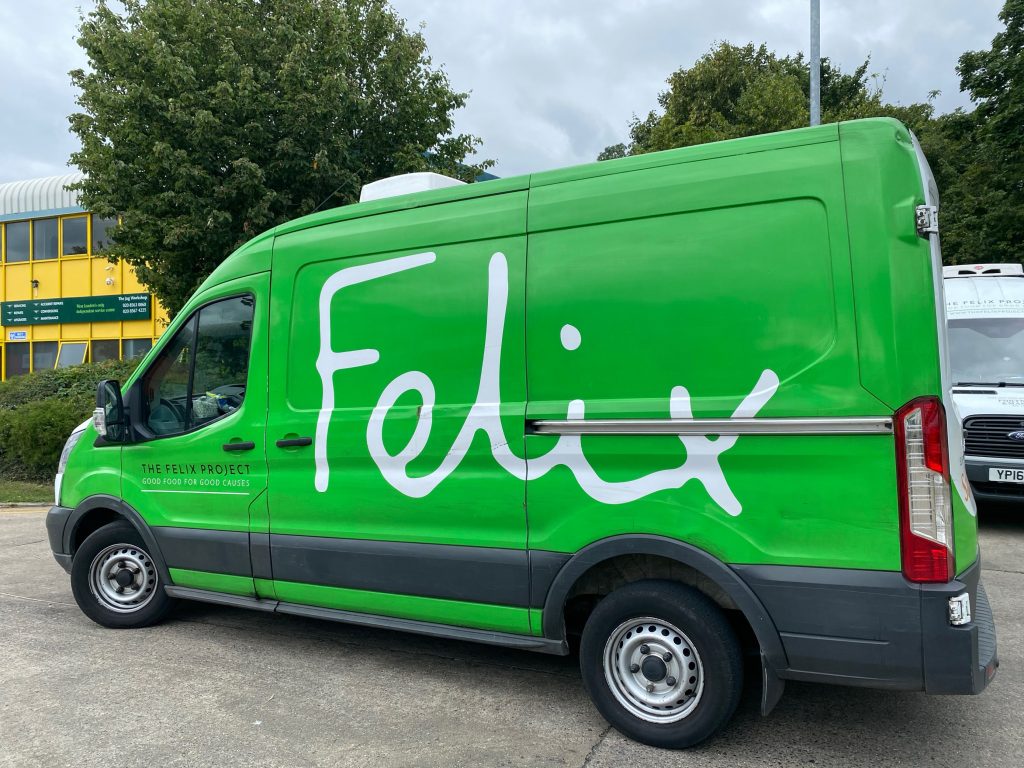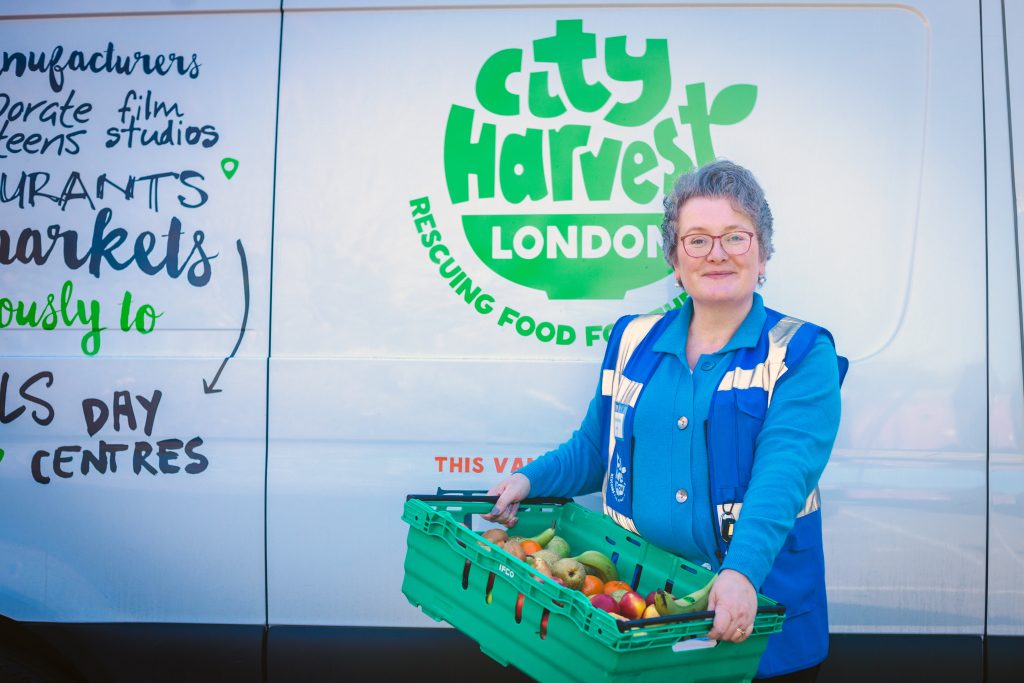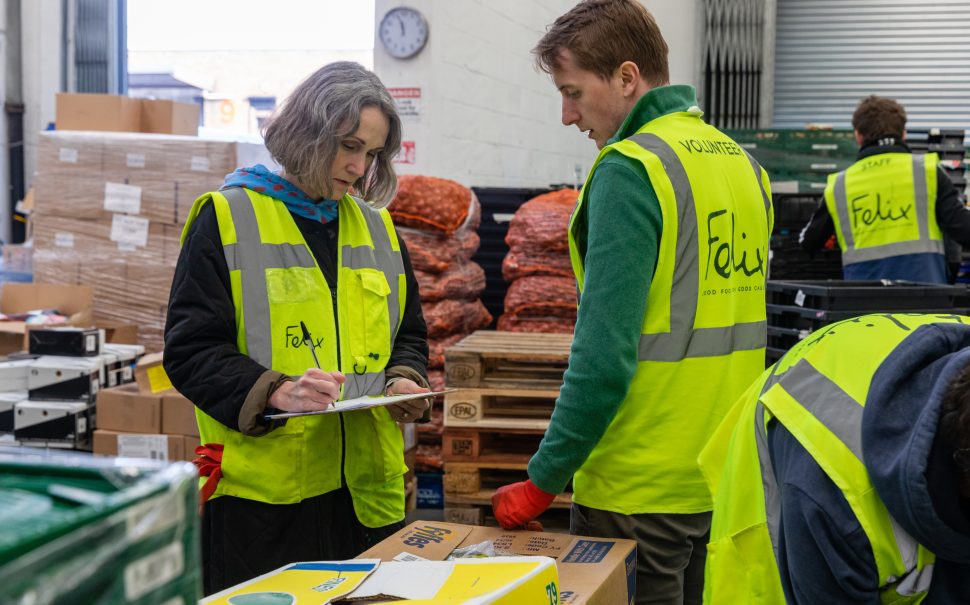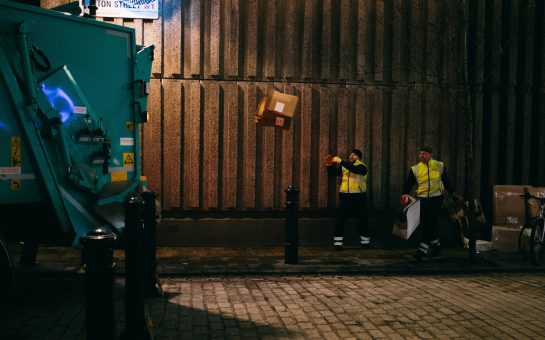As the cost of living crisis looms over us, data from a food charity shows that one in four working parents in London are struggling to afford to feed their families.
The Felix Project’s survey of 2,062 people found that 25% of respondents said they had skipped a meal or not bought enough food for themselves to ensure their children could eat.
The survey also found that last year 14% of the respondents had to turn to a food support service for the first time.
This data suggests that around 170,000 working parents in London had to seek help from a food bank in 2023, despite not accessing these facilities in the past.
However food redistribution charities are working to tackle hunger and reduce waste in the capital.
The Felix Project, which was founded in 2016, rescues surplus food from supermarkets, restaurants and farms and delivers this from its four London depots.
In 2022, the charity delivered the equivalent of 29 million meals to more than 1,000 community organisations which help people in need.
The Felix Project’s chief operating officer Shane Dorsett said: “There has always been a need for the service that we provide but in recent years people have been feeling a financial squeeze that they have never seen before.
“That means the need for this is now incredibly great.
“We are not just working with homeless shelters and addiction clinics now but also people with a job or multiple jobs.”
The charity has a kitchen at its Poplar depot which produces more than 4,000 meals each day.
These are all made from food which would otherwise have gone to landfill sites, where it would have broken down and released harmful greenhouse gases such as methane into the atmosphere.
Given that the UK is responsible for 9.5 million tonnes of food waste each year, this is a major environmental concern.
The Felix Project rescued more than 13,000 tonnes of food in 2023.
Dorsett said: “Seeing the impact that this has is the reason all of us here get out of bed, so of course that is good.
“That said, the happiest day will be the day that we are no longer needed and close The Felix Project down.”

The Felix Project’s green vans are in an almost perpetual cycle of collecting and delivering food, such is the demand.
But behind every delivery lies a story.
Hornsey Lane Estate Community Centre gives out surplus food to those in need every Wednesday, along with running a community kitchen and cafe.
Community organiser Dawn Shanghanoo explained that the deliveries this social hub receives from The Felix Project are vital to its work.
She said: “The deliveries help us immensely.
“To be honest if we did not have The Felix Project then we would not be able to do this.
“What we get from Felix enables us to cook for the community.”
Shanghanoo has noticed an increased number of people turning to the centre’s services since the start of the cost of living crisis.
“You would be shocked at the number of people with full-time jobs who have to come here to get their food.
“The cost of living crisis is absolutely terrible and there have been times where the demand has been so high that we have actually run out of food to give to people.”
City Harvest is another food redistribution organisation, which works with more than 375 charities that supply food to around 80,000 people.
Each week it gathers more than 120 tonnes of food that would otherwise go to waste, and since it was founded in 2014 it has delivered more than 57 million meals.
City Harvest CEO Sarah Calcutt said: “There is a huge hunger problem so this is really needed.
“There are 800,000 children who are not getting a regular three meals a day or only have access to very poor nutrition which is affecting their attendance at school and attainment.
“Our values are very much about good food delivered with dignity to people who need it most.”

Calcutt explained that government support would help the organisation to expand its work.
She said: “It would be really good to see the government reinstitute the pledge for mandatory food waste recording because one of the challenges we face is identifying how much of the national waste figure is recoverable.
“For example, we cannot collect scrapings off plates in hospitality.
“So being able to accurately account for the recoverable waste would facilitate easier collection. That would be amazing.”
Featured image credit: Chloe Hall





